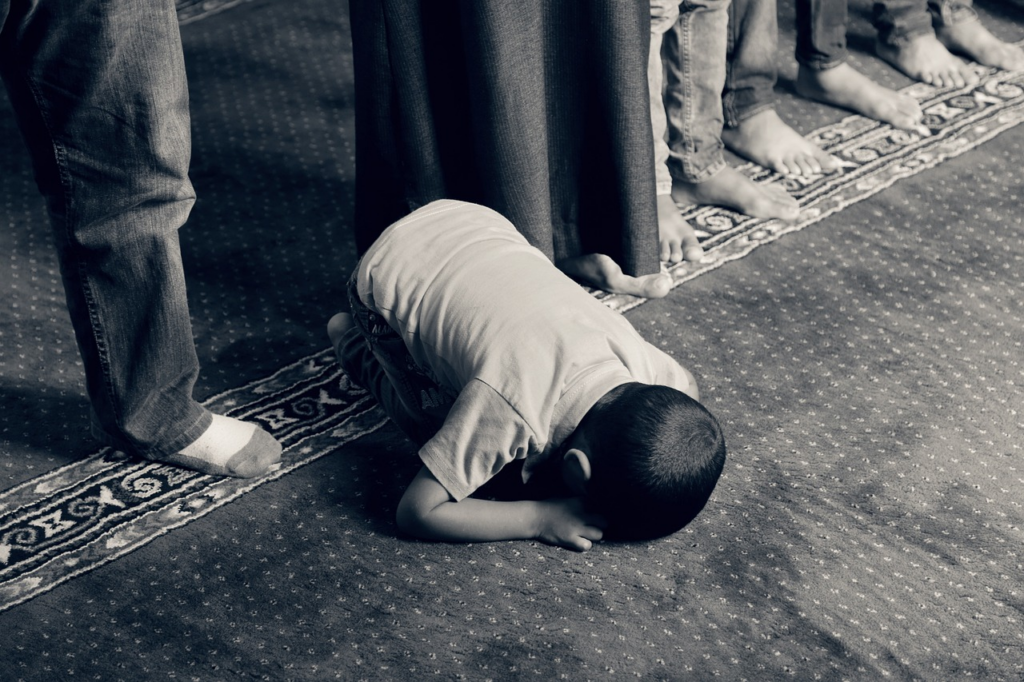Christianity and Catholicism are two religious strands which, although they share common roots, diverge in many fundamental aspects. While both follow the teachings of Jesus Christ, their practices, beliefs and organizational structures deviate considerably. In this blogpost, we will explore the essential distinctions between Christianity and Catholicism, highlighting their historical origins, fundamental doctrines, liturgical practices and ecclesiastical structures.
Historical Origins and Development
Christianity is the religion based on the teachings of Jesus Christ, as recorded in the New Testament of the Bible. Its origins date back to the first century in Palestine, and its spread was largely driven by the apostles, who followed the mission of spreading Christ's teachings. Christianity as a whole encompasses a variety of denominations, such as Protestantism, Orthodoxy and, of course, Catholicism.
Catholicism, on the other hand, is one of the main traditions within Christianity, with a history dating back to the first centuries. The term "catholic" means "universal", indicating the intention to encompass all followers of Christ. The Roman Catholic Church, led by the Pope, is the most prominent form of Catholicism.
Fundamental Doctrines
One of the most striking distinctions between Christianity and Catholicism lies in their fundamental doctrines. While both recognize the Trinity (Father, Son and Holy Spirit) as a central part of their faith, interpretations vary.

Catholicism includes specific teachings that are distinctive, such as the authority of the Pope, papal infallibility (when the Pope speaks ex cathedra on matters of faith and morals) and the doctrine of transubstantiation in the Eucharist, where bread and wine become the body and blood of Christ during Mass.
In Christianity in general, including various Protestant denominations, the emphasis is often on personal interpretation of the Bible and salvation through faith in Jesus Christ. The priesthood of all believers is a central idea, denying the need for hierarchical intermediaries to connect with God.
Liturgical Practices
Liturgical practices differ considerably between Christianity and Catholicism. In Catholicism, the liturgy is highly ritualized, with an emphasis on sacramental ceremonies and liturgical traditions that go back centuries. The regularly celebrated Catholic Mass is central to Catholic spiritual life, and confession to the priest is a common practice for the reconciliation of sins.
On the other hand, Christian denominations can have more varied approaches to liturgy. While some follow a formal liturgy similar to the Catholic one, others opt for a more informal and contemporary style of worship.
Ecclesiastical structure
The organizational structure is another area where Christianity and Catholicism diverge. In the Catholic Church, the hierarchy is strongly centralized under the authority of the Pope. He is considered the supreme head of the Church, with bishops and priests acting as local authorities. In addition, the system of saints and the veneration of Mary are distinctive features of Catholicism.
Christianity, in its various denominations, can have different ecclesiastical structures. Protestantism, for example, often emphasizes a more decentralized structure, with greater autonomy for local congregations and an emphasis on preaching the Word.
Christianity and Catholicism
While Christianity and Catholicism share a common heritage and many fundamental principles, their differences are significant and have a profound impact on religious practices and the structure of faith communities. Understanding these distinctions not only enriches the religious perspective, but also fosters mutual respect and understanding among those who seek spirituality in different ways.
Respect for the diversity of beliefs and practices strengthens unity in the midst of variety, emphasizing the fundamental principles that unite all Christians. Rather than focusing exclusively on differences, seeking common ground and promoting acceptance of distinct expressions of faith can be a powerful tool for building bridges and promoting peace between religious communities. In this spirit of constructive dialog, we can move towards a deeper and more enriching understanding of the Christian faith in all its manifestations.
See also: Powerful prayer for everything to work out urgently
February 12, 2024
With much faith and positivity, she writes for the Oração e Fé daily, bringing messages and Divine teachings to everyone.